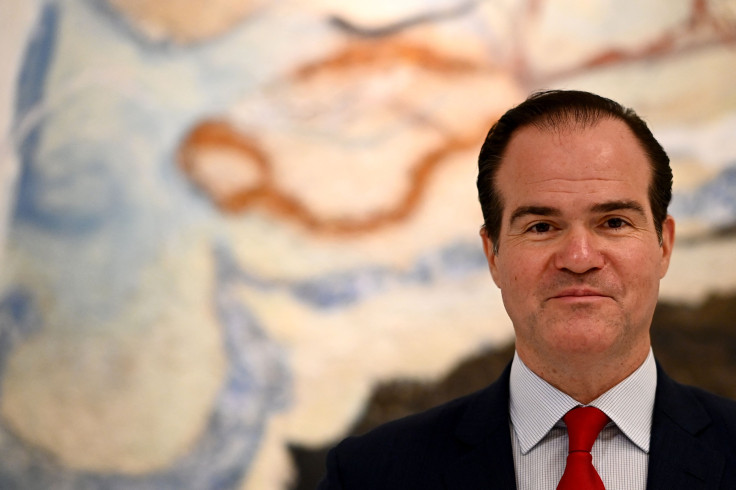
President Donald Trump's special envoy for Latin America, Mauricio Claver-Carone, warned that Venezuelans and Cubans should prepare for "short-term pain" as the administration gears up to intensity pressure on Caracas and Havana.
Speaking at an event at Miami-Dade College, Claver-Carone reiterated the claim that the Nicolas Maduro regime is sending Tren de Aragua gang members to the country along with other migrants. He claimed that Maduro is mirroring a strategy used by Fidel Castro, when he freed Cubans from prison and sent them to the U.S. as part of the tens of thousands who arrived in Florida as part of the Mariel boatlift.
"We understand there are challenges, and it's painful. There's short-term pain," the official said. "But the other thing all these regimes and dictators have also learned, starting with Cuba, is that the easiest thing to do is export your problem. So the way you have totalitarian control is, you don't like it, you leave. And that's what happened in Venezuela," he added.
"I can tell you this as member of the Cuban American community, and it's been now 60 years. If you don't want to be 60 years in exile, then cut it off now, do the short-term sacrifices now, because if not, they're not going anywhere," the official added.
However, a recent intelligence assessment contradicts Claver-Carone's claim about the Maduro regime sending Tren de Aragua members to the U.S. Concretely, the New York Times reported that the intelligence community's findings cast doubt on Trump's justification for invoking the Alien Enemies Act of 1798, which administration used to transfer the migrants to an infamous high-security prison in El Salvador without due process.
The assessment, which represents the consensus of multiple intelligence agencies, reportedly determined that the gang was neither directed by the Venezuelan government nor committing crimes in the United States on its behalf.
The report found no evidence supporting that assertion and described the gang as disorganized, lacking the capacity to execute state-directed operations. It also noted that Venezuelan security forces have engaged in violent clashes with the group, suggesting hostility rather than coordination.
Analysts assigned a "moderate" confidence level to this conclusion however, citing limited available intelligence on the group. The CIA and NSA supported the finding, while the FBI partially dissented, arguing that there was a connection between the gang and the Maduro government. The other agencies deemed that information unreliable.
Citizens from Cuba and Venezuela have been particularly impacted by the Trump administration's decision to revoke in late March the legal status for more than 500,000 migrants from Cuba, Haiti, Nicaragua and Venezuela, ending the program known as humanitarian parole.
More than 531,000 people had been approved to enter the U.S. and stay for up to two years under the program, with Florida receiving 80% of the arriving migrants, according to the current administration.
The Trump administration also ended the Temporary Protected Status of hundreds of thousands of Venezuelans, leaving them vulnerable to deportation. However, on Monday a federal judge blocked the deadline for the first group, which was set to take place in April.
© 2025 Latin Times. All rights reserved. Do not reproduce without permission.





